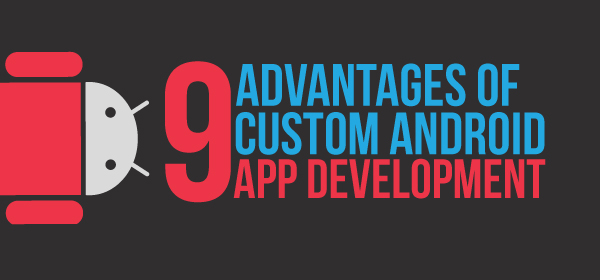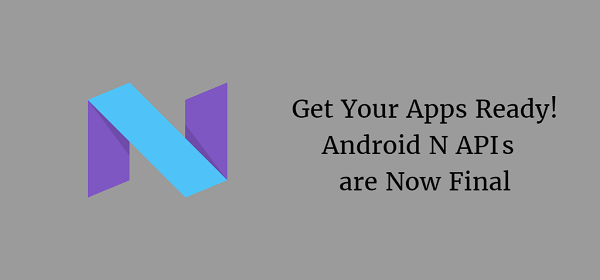The Android app development platform is a great choice, if you are not going for cross-platform app development. They have many advantages that other platforms can’t offer. This platform allows you to develop feature-rich applications with great functionality and usability.
Android, as an open source operating system is used by the majority of mobile phone manufacturers to power their devices. This creates tremendous business opportunities and augments growth.
Most of the off-the-shelf applications available today are highly customizable products. Yet, custom android app development is gaining so much importance.
Let’s see some of the advantages that are characteristic of custom apps alone.
Android Apps Offer Perfect Solution for your Distinctive Needs:
Every business is different, and therefore needs a different solution for their unique business requirements. Packaged products often come with excellent quality and reliability, but they can ultimately be an impediment to your business goals.
Readymade products are designed to meet the requirements of a wide range of businesses. It may include many functions and services that you may not find to be useful. As a result of these unnecessary feature assortments, more system resources are used which will eventually slow down the entire process.
Most of the time, packaged app users may find it necessary to adjust and alter their business operations to accommodate the application. A custom application could always prove to be a better solution than standard solutions, no matter how much customizable it is.
Tailor-made, innovative and individualized processes gives custom apps the flexibility to suite your businesses’ in-house operations. Also, custom apps can be localized to maximize use and increase productivity.
Custom Apps can Save your Time and Money
App development costs can be highly deceptive. The cost of developing custom android app may or may not be lower than purchasing out-of-the-box solutions. But, it helps to stay on time and on budget during the development period.
Readymade apps will not include the costs for installation, customization, data import, training the workforce, and additional support. The long-term benefits of custom made business applications are far better than that of the readymade ones.
Another advantage of custom android app development is that you will have to invest only for those specific set of features that you ask for. You can also exclude recurring licensing costs that come with off-the-shelf products, since you own your custom app.
Very Few Complications and Compatibility Issues
As your application is customized and designed from the very beginning in accordance with the end user requirements, it will be quick and easy to use. Very little training will be required as the application is less likely to include elaborate and irrelevant operations.
There will be very few complications when you operate it with the business software and applications that you already use. With licensing business applications, it is usual to encounter continuous errors while working with it.
Increased Business Security
Custom applications always give you enhanced security. Your product is exclusively built for your business alone. Other application vendors and users outside your enterprise will not have any clue about the architecture of your application.
Hackers often attack the known vulnerabilities in the applications. So business security risks are very high for third party applications
Efficient and Reliable Technical Support
One of the major benefits that come with custom apps is the unparalleled technical support plan that the Android app development companies offer. You will get reliable, dedicated support from the team that was directly involved with your product development. The users are promised with quicker and efficient solutions to all the encountered problems.
BYOD Preference for Android Apps
From the market share of Android apps, it’s quite evident that it has a prominent role when compared to other platforms. Companies who wish to bring in their own policy (BYOD), it’s feasible to opt for custom Android app development as it is available for a wide variety of devices and has high popularity with users from all economic groups.
Easy Customization
Android provides the opportunity for developers to create versatile apps through their easy customisation feature. Be it a complex custom app or a web app integration, this platform provides ample space for easy customizations. This platform is designed in such a way that it can accommodate any requirements of a business and also offers flexibility to integrate multimedia tools, data management functions, and with regular updates.
Open Source and High ROI
Android’s SDK is available at free of cost, thereby minimizing the cost for software licensing. As it is a free open source framework, it enables development of apps without any extensive development costs.
Use of Wearable Devices
Among business, the use of wearable devices is flooding due to its quick communication functionality. As the market for wearable devices is considered to grow more than 45% in the coming years, Android is contributing a lot to bring in the best devices in the digital market for the sake of the users.
Conclusion:
If you have a strategy for developing a custom app and wish to choose a single and stable platform, then Android app development is the feasible option. It’s the most recommended platform because of its market perpetuation, ease of development, integration, and short span of development.



